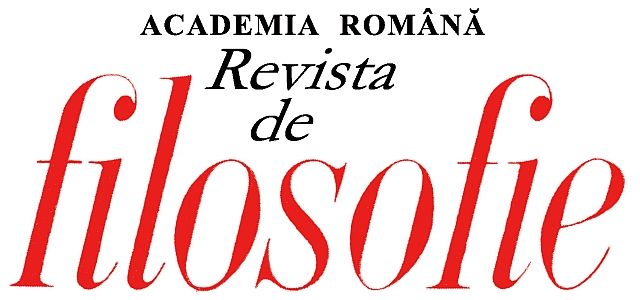G.W.F. Hegel și Richard Rorty au avut dreptate: regândirea moralei într-o cultură secularistă
G.W.F. Hegel and Richard Rorty Were Right: Rethinking Morality in a Secular Culture
Author(s): H. Tristram Engelhardt Jr., H. Tristram Jr. EngelhardtSubject(s): Philosophy
Published by: Editura Academiei Române
Keywords: deism; pluralism; legitimacy; normative canonical moral standards; lifestyle; immanent preferences
Summary/Abstract: The paper starts by acknowledging the crisis of the current dominant Western culture - secularized, de-Christianized, having no more anchor in a transcendent reality, but exclussively in the horizon of the immanent and the finite. Following this radical transformation, as opposed to the traditional civilizational paradigm, moral theories have also become autonomous narratives, since any perspective from which a canonical morality could be founded is missing. In such a world, devoid of any ultimate meaning or reference, it becomes impossible to choose a normative perspective which could be adopted by a rational „impartial” observer or decision-maker. For, in the absence of God – the author shows – there can be no universal canonical standard. The paper quotes Clement of Alexandria (”the first principles are impossible to demonstrate”), Kant, MacIntyre, but also advocates of the adverse position (Hume, Nietzsche, Kojève, Fukuyama, Camus). It affirms the philosophical impossibility for the existence of a secular moral consensus – except one which is historically, socially, and ultimately politically determined (Hegel: „after we have turned from the transcendent God, the State becomes God’s substitute, the march of God in the world”). With Rorty, secular morality is re-interpreted as politics: secular morality is morality applied by the power of the state. The paper questions the very survival of the secular project, forced to rethink public morality and political legitimacy in the absence of any point of ultimate orientation, and at the same time condemned by the very assumptions of this impossible approach. What will happen, the author asks, when it will be recognized that secular moral philosophy cannot ground a certain morality as canonical, that there is no secular canonical morality which could show that we should always act from a moral point of view? In the long run, professor Engelhardt suggests, a political and social structure operating on such assumptions risks not being sustainable
Journal: Revista de filosofie
- Issue Year: LXV/2018
- Issue No: 4
- Page Range: 379-390
- Page Count: 12
- Language: Romanian, Moldavian

